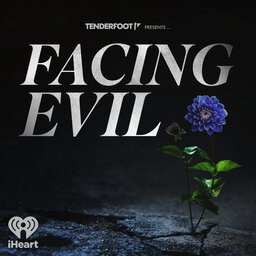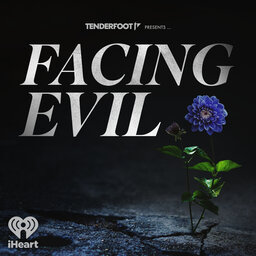'Root of Evil' Update with Zak Levitt: Part 1
Root of Evil Producer and Creator Zak Levitt joins us to discuss what was left on the cutting room floor of the hit 2019 podcast. And we reveal new information about the relationship between George Hodel and Fauna Hodel.
Plus, listen to Zak Levitt's new show The Set. The Set tells the inside story of policing in Harlem's 30th precinct, during its most vulnerable time. 33 of its officers were arrested and convicted of corruption, and the precinct came to be known as "The Dirty 30." The Set is a cautionary tale of what can happen when the world's largest police department fails to police itself, and how easy it can become for good cops to turn bad - all told by the people who lived it. The first three episodes are available starting June 14th, with new episodes every week. Or you can binge all 10 episodes exclusively on the Audacy app.
 Facing Evil
Facing Evil


